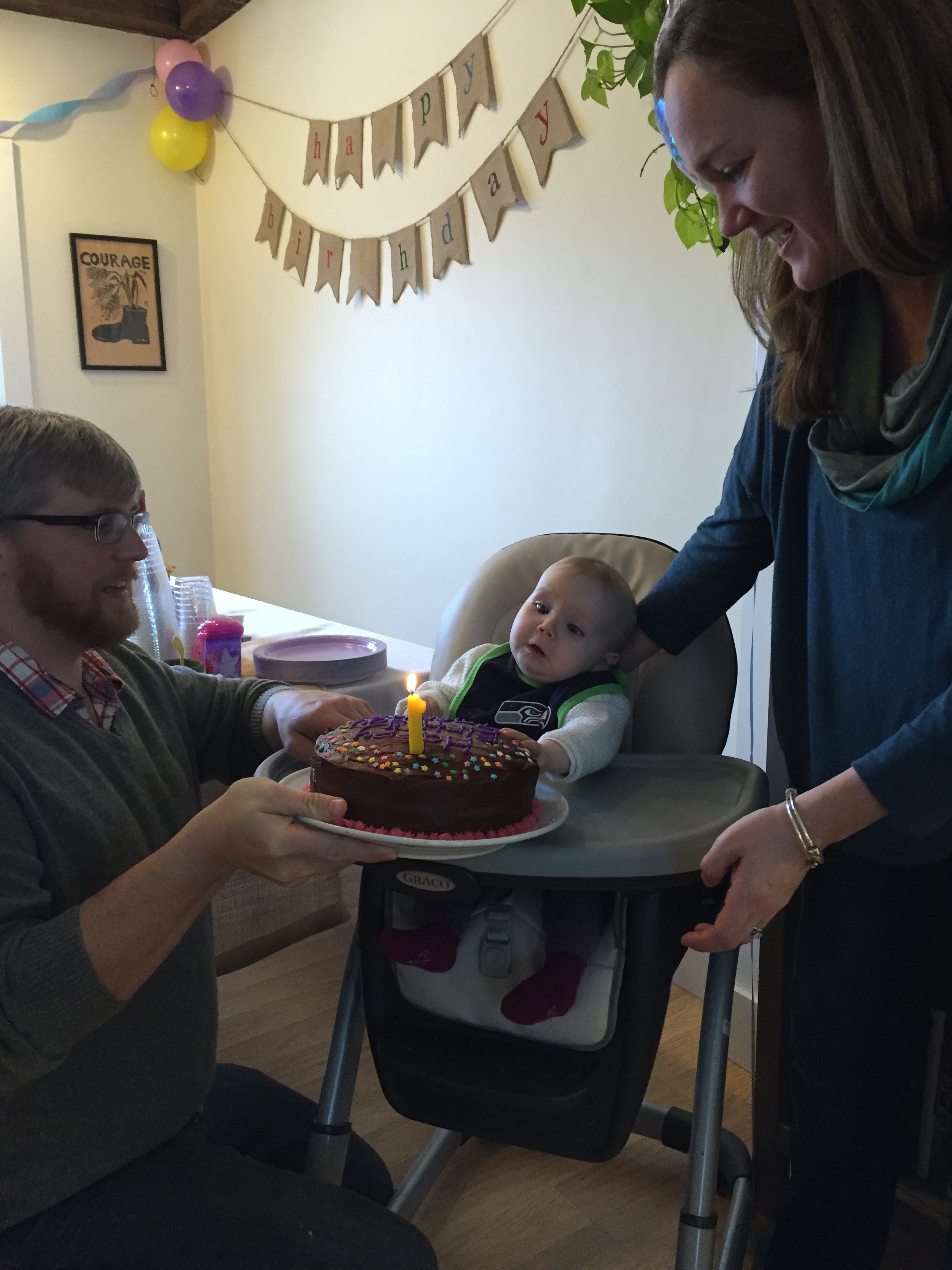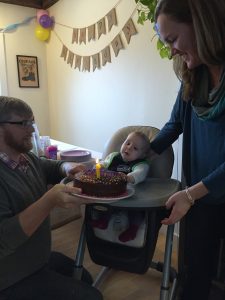8/3/2017
·Enable high contrast reading
Palliative Care Gives Parents Another Way to Protect Their Child and Be Heroic

 Connie Yates’ final public statement last week, to her infant son Charlie Gard, shortly before he was taken off life support and died, was, “We are so sorry we couldn’t save you.” It is a parent’s natural instinct to do whatever is possible to save their child. However some conditions, diseases, situations are unfixable. These diseases humble us: progressive diseases that move too quickly (especially in young children), for which there is still no effective treatment in sight; or conditions that in their totality are too devastating, where life cannot be sustained without interventions that can be physically burdensome and, for some children, may cause physical pain, as it was for Charlie.
Connie Yates’ final public statement last week, to her infant son Charlie Gard, shortly before he was taken off life support and died, was, “We are so sorry we couldn’t save you.” It is a parent’s natural instinct to do whatever is possible to save their child. However some conditions, diseases, situations are unfixable. These diseases humble us: progressive diseases that move too quickly (especially in young children), for which there is still no effective treatment in sight; or conditions that in their totality are too devastating, where life cannot be sustained without interventions that can be physically burdensome and, for some children, may cause physical pain, as it was for Charlie.
By dangling an unproven treatment (not even in mice!) in front of parents whose infant child was hanging on by a thread, the physician in the US all but ensured that at the end of the harrowing journey there would be emotional, psychological and spiritual suffering on the part of Charlie’s family and the medical providers tending to the child. A sense of betrayal, heartsickness, anger and bone-cutting grief.
Had the family never been offered the illusionary hope of life-saving treatment against all odds, they may have been able to focus on something very proactive that parents can do: give their child the best life possible for as long as the body and brain would allow.
Acceptance is not the same as being OK with the thing that you are accepting. And it is not the same as doing nothing. It is quite the opposite. Acceptance opens up the opportunity to reframe and focus on taking action in other ways that feel productive and empowering. Consider Sarah and Steve, a couple we have come to know (and love) at Courageous Parents Network. Their daughter Emerson was diagnosed in infancy with the most aggressive form of Gaucher Type 2. Steve and Sarah appreciated that when the doctor delivered the diagnosis, he gently also told them that there was no promising treatment nor research in sight, and that Emerson would likely die by age three. In his interview with CPN, Steve says, “There are stories where there is a miraculous discovery, but I think there is so much background of those miraculous discoveries, so much prior work that’s not ever highlighted in those stories…I felt that the best thing I could do as a parent is give her the very, very best life that I can in the time that we have.” Sarah adds, “The time that the research might take and the pain and suffering she might go through, and the unlikelihood that for her it would be the cure, we just wanted her to have the best life.” And so they focused on giving Emerson wonderful experiences: eating foods she liked, going on a horseback ride, sitting on the stream, feeling the sun on her face at the beach.
Sarah and Steve’s perspective was further honed through pivotal conversations they had with their daughter’s palliative care doctor who helped them decide that not intervening with aggressive medical interventions was, in their case, the most life-affirming thing they could do. In another video excerpt, Sarah shares: “[The physician] said that in the medical field there are lots of things that we can do and keep doing to keep a physical body going long beyond when it otherwise would, and some of them can be painful. He said, ‘You know, maybe you could think of it as what you’re doing is you’re actively protecting her from some of the things that could be done that wouldn’t be the right things for her.’ For me, this shifted [our] thinking in a way that was very helpful.”
Emerson lived happily and comfortably for 16 delicious, love-filled months. Since her death a little over a year ago, her parents are experiencing deep deep sadness, and they always will. But in the end Sarah and Steve have no regrets about the decisions they made for their daughter. Grief is not the enemy. It is an inevitable and natural part of the process. Regret is the enemy. It’s corrosive. It is the difference between clean pain and dirty pain. I fear Charlie Gard’s parents will be experiencing dirty pain: they will associate their son’s life with legal battles, a crazed media machine, and fighting for the hope of a treatment that was a cruel illusion.
One profound lesson of accompanying a beloved child on this journey is that hope comes in many shapes and sizes. Sometimes the best hope is not the hope to save our child but giving our child a comfortable life, well-loved.


